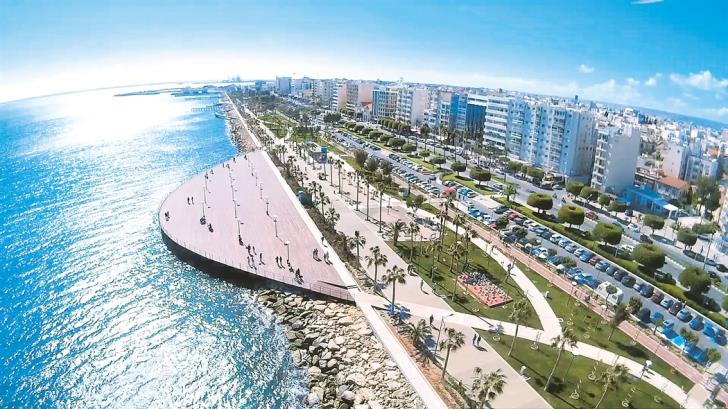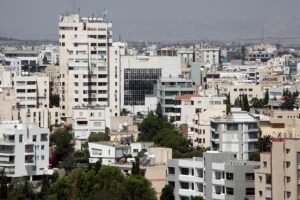We are very often faced with the question of whether improving the quality of a project will pay off. This is not an easy question and the answer depends, amongst other things, on what the quality is and whether the cost of higher quality is affordable for the wide market.
The main criteria in terms of quality, is the location. The better the location, the availability of public services, the views, proximity to urban facilities and so on, the better the quality.
The second matter is the design. There are some spacious villas designed primarily for the Russian market, that would not appeal to many other markets, except perhaps Arabs. The facilities provided are also important, such as individual bathrooms for all bedrooms, storage space and a covered parking area.
The third parameter is the cost of the materials. Better quality materials cost more. Double and triple glazing, imported ready-made kitchens, good quality marble, VRV air conditioning (as opposed to ordinary split units), overflow pools (as opposed to the less expensive skimmer type), shutters, the smart electricity installation and such are costly items, which are taken into account by the market. Nowadays security systems are important as is the installation of a private lift for houses over one storey for older occupants.
The size of the garden is not to be overlooked. Most gardens are not competitive in terms of size; as a rule houses for permanent residents should have gardens two or three times the size of the house and for holiday homes, one-and-a-half or two times bigger.
The neighbourhood also contributes to the status, an is increasingly important as prices rise. If a house of good quality is in a downgraded neighbourhood, this decreases its value as it will be much less in demand.
The neighbours can have an affect as well. Noisy neighbours, whether they are renters or owners, and even their age play a role.
Management in comprehensive development projects is also a point to be considered. Good management and maintenance of common areas is of paramount importance. So what if the house is full of granite and marble and has gold door handles, when the project as a whole is run down? In such cases you do not stand a good chance of selling the property at a reasonable price.
If the residents do not pay their common expenses, the numerous facilities become a nightmare. Some new projects have spas and other extensive facilities, such as indoor pools, which are not economically viable in terms of business value. They are appealing at first and lead to sales, but if problems follow, then these facilities become a liability.
The reputation of the developer is of consequence in small countries such as Cyprus. A good name, synonymous with reliability and confidence, makes a project more attractive, especially when it has no titles and is in the construction phase.
Maintenance cost should matter more, but it does not get its fair share od recognition. Use of materials which require no or limited maintenance should be seen as a big bonus. These materials are usually more costly, for example fair faced concrete as opposed to stone cladding.
There are two Nicosia developers (out of hundreds) that not only sell properties at approximately 25 per cent higher prices than the competition, but have also run out of properties to sell. These two developers are active in the local market, which is by far more difficult than the foreign one. This is the result of most of the points made above and they set an example to learn from.
This article is republished from the Cyprus Mail website (https://zillien.eu/things-looking-grim-for-real-estate-sector/)




